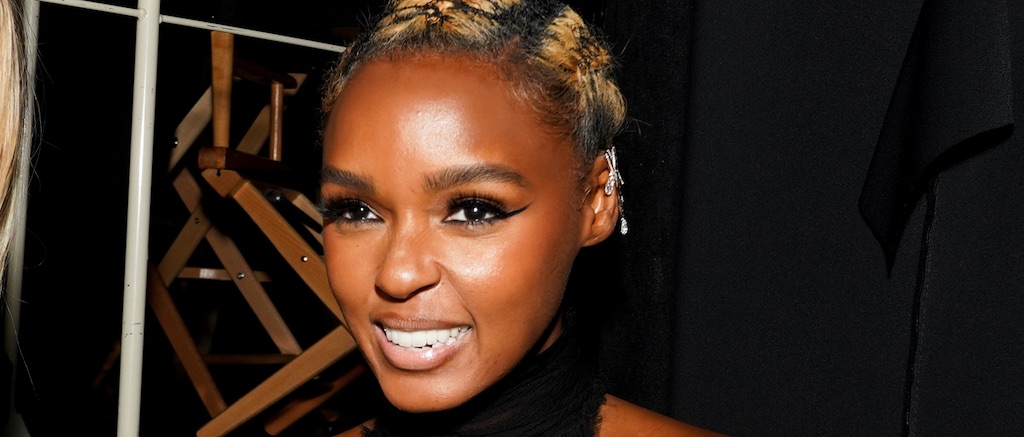
This weekend, Janelle Monáe popped up at the Critics Choice Awards, where she was nominated for Best Supporting Actress for her work in Glass Onion. While that award ended up going to Angela Bassett for Black Panther: Wakanda Forever, Monáe was given the SeeHer Award, which “honors a woman who advocates for gender equality, portrays characters with authenticity, defies stereotypes and pushes boundaries,” per the Critics Choice Association.
Monáe made her acceptance speech memorable, too.
Introducing Monáe, Glass Onion co-star Kate Hudson said (as The Hollywood Reporter notes), “There are so many ways to describe Janelle: visionary artist, brilliant musician, inspirational, one-of-a-kind human being. I remember the moment we met on Glass Onion. Janelle walked down the staircase in this bright yellow dress, just exuding goddess, regal energy. It was like the seas parted. Everyone’s jaws dropped and the room instantly fell in love. It’s hard not to, but to know her, to see the care and dedication she nurtures in her relationships and in her art, is to really fall in love with her.”
Monáe then started her speech by saying her pronouns are “she/her, they/them, and free-ass motherf*cker,” per People.
Janelle Monae started their speech at the Critics Choice Awards by clarifying that their pronouns are “she/her, they/them and free-ass motherfucker”
https://t.co/5xWfo8qEQo
— Joseph Lamour
(@lamour) January 16, 2023
She continued:
“I’ve tried to make an effort in my work — whether it’s storytelling through music, through film, through TV, through fashion, through literature — to highlight the ones who have been pushed to the margins of society who’ve been outcast or relegated to the other. I am non-binary, I am queer, and my identity influences my decisions in my work. I’ve always believed that through storytelling, we are able to shed light on a human experience, an experience that most people around this world won’t get an opportunity to see. And I keep this glimmer of hope in my heart that when someone meets a character, like the ones I’ve had an opportunity to play, you’d be more empathetic to their experience. […] You want to be more like them. You want to be more kind, less judgmental, and more eager to advocate for them.”

